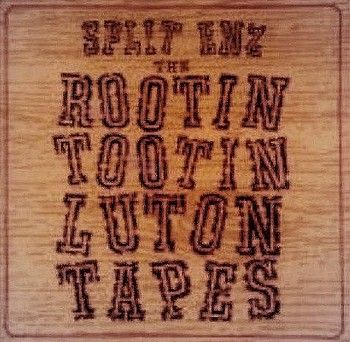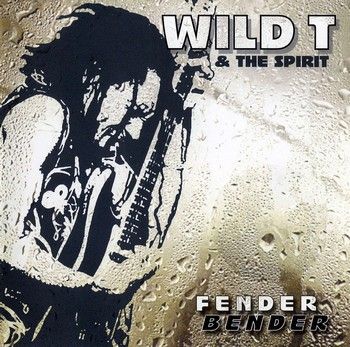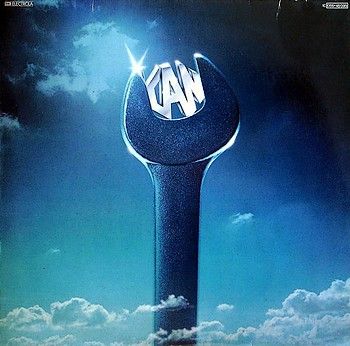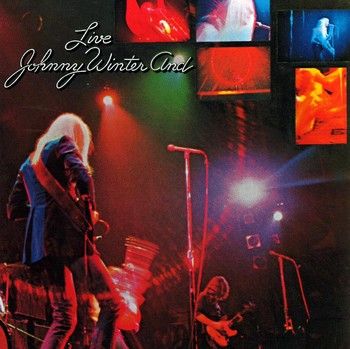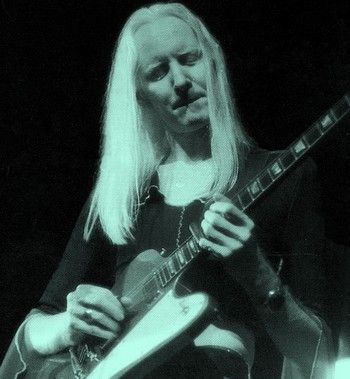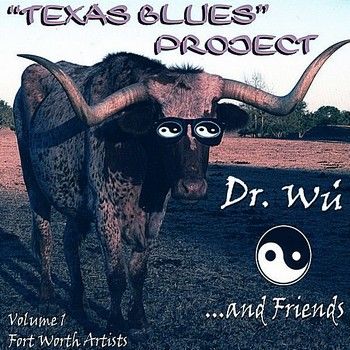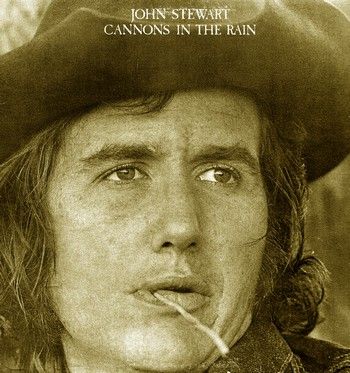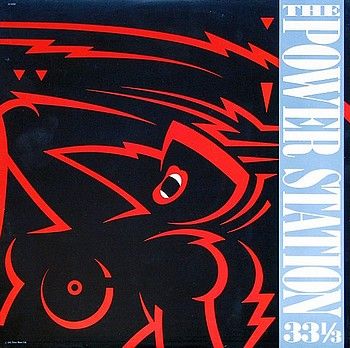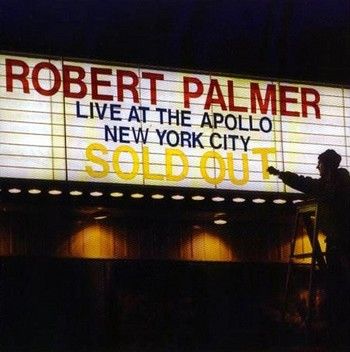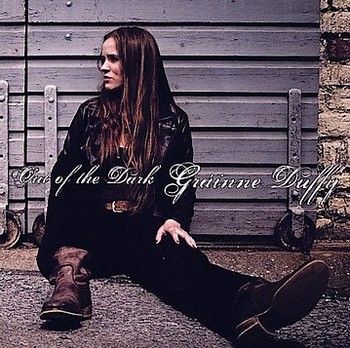
Gráinne Duffy - Out of the Dark - 2007 - Gráinne Duffy
What a powerhouse of soul and inspiration mixed with desire and passion, Grainne Duffy takes you to the most inner depths of your soul that others artists wish they could do with their music. Her debut release, 'Out Of The Dark', is an amazing album. There is nothing superficial about it. There are layers and layers of meaning and emotion here. Janis would be proud. Joining Grainne on lead guitar and vocals is the Ronnie O Flynn on bass and drums of Sharon Shannon Band and Donal Lunny, Richard Nelson on lap and pedal steel and dobro, previously of the Van Morrison Band, John Mc Cullagh on piano and the very talented Paul Sherry on rhythm guitar. For a debut outing, Grainne Duffy sounds like a seasoned veteran who's been on the scene for some time. As evident as soon as the opening, "Each and Every Time" comes on and wins you over with its passion. Then you have, "Drivin' Me Crazy" and "Good Love Had to Die", that are blues gems that will touch your heart and soul. Duffy offers up a sensual and powerful rendition of the B.B. King classic, "The Thrill Is Gone". Duffy's singing, with phrasing and intonation in order is grounded in spontaneous passion. She seizes the songs of past blues legends and makes them her own, extending her laid back rapture to contemporary material as well. Her voice is unique, her style of playing original. Grainne Duffy sets the standards for modern blues and country female vocals. An artist that is true to her music and not afraid of the hard work and commitment it all involves. Grainne Duffy is the real deal. Highly Recommended. Review by & © The Atomic Chaser © 2003 - 2010 All Access Magazine All & AccessMagazine.com All Rights Reserved http://www.allaccessmagazine.com/vol6/issue02/grainne_duffy.html
"Guitarist" magazine devoted an entire front page to the great Irish blues guitarist and vocalist, Gráinne Duffy saying that "Out of the Dark" boosts 'bluesy Americana from Ireland with genuine worldwide potential'. The magazine also said that what they love most about her is that she has a 'husky voice and plays a mean blues guitar'. "Guitar Techniques" said that 'she plays with both style and feel' and is a 'thoughtful and melodic guitarist', 'her playing is bursting with personality'. Some of Grainne's favourite artists include Keith Richards, John Mayer, Bob Dylan, and the late, great Rory Gallagher. Grainne secured three appearances at the 2008 Glastonbury Festival. She also recorded some promo trailers for BBC Television at George Martin's Air Studios in London including a cover of Oletta Adams 'Get Here if you Can'. Playing with her were Eric Clapton drummer Ian Thomas, ex Van Morrison and Madonna bassist Steve Pearce, James Hollowell on Hammond and Piano and Richard Ashcroft's sideman Adam Philips on guitar.The music was supervised by George Martin, himself. She has also played with Eric Bell of Thin Lizzy. Grainne's self-produced "Out of the Dark" is HR by A.O.O.F.C. Although Gráinne is a capable guitarist, her voice is definitely her strongest feature. She has a magnetic husky tone in her voice and sings slow intense melodies as well as great uptempo numbers, mostly self-penned and perfectly suited to the blues. Gráinne has spoken about how hard it is for many talented musicians to make a name for themselves. Speaking about TV's so called "talent" shows, she has said that "This "X Factor culture" is less about the soul of music and altogether more about the bottom line. To them it doesn’t matter about who wrote the song or what it means. Some people have lost the idea that a song is meant to come from someone, drawn from personal experiences. To these manufactured acts it is more about vocal acrobats. Sometimes it is annoying to see the type of machine that is behind them, giving them such a push. I think they are clogging the industry. It can be frustrating but the good thing is that appreciative audiences really do value it when a genuine singer/songwriter performs. We do have to work harder, but we have a more loyal audience as a result – they stay with us. For manufactured acts, the audience goes once the TV show is over.” A lot of what Grainne says is true, and she is qualified to speak about real music. When Gráinne's next album is released, please buy it and support real music. As Gráinne said, "appreciative audiences really do value it when a genuine singer/songwriter performs".
TRACKS
1 Each and Every Time 3:52
2 Drivin' Me Crazy 2:44
3 Bring It All Together 2:07
4 Bad to Worse 3:53
5 Rather Go Blind 5:36
6 I Don't Know Why 4:06
7 Good Love Had to Die 3:35
8 Meant to Break 3:41
9 Thrill Is Gone 5:47
10 Time's Not Enough 5:40
11 Out of the Dark 2:13
12 Waiting for You 2:43
All songs composed by Gráinne Duffy except "Rather Go Blind" by Billy Foster & Ellington Jordan, and "Thrill Is Gone" by Rick Darnell & Roy Hawkins
MUSICIANS
Gráinne Duffy - Lead Guitar, Vocals
Richard Nelson - Lap & Pedal Steel Guitar, Dobro
Paul Sherry - Rhythm Guitar
Ronnie O' Flynn - Bass, Drums
John McCullagh - Piano
SHORT BIO
Grainne Duffy from Castleblayney, County Monaghan, Ireland is a new voice with new songs in Blues - Rock vein. Think Bonnie Raitt (Grainne also plays a mean lead electric guitar in the band) and you'll have some idea of the power and emotion this young lady can evoke. Her debut CD, "Out Of The Dark" is a stunner! Rock/Blues guitarist and vocalist, Grainne Duffy has just began promoting her debut album ‘Out of the Dark’. Aside from receiving a degree in music in NUI, Maynooth, she also has been gigging constantly as both lead guitarist and vocalist doing session work which has seen her tour Italy, Sicily and France. All of which has lead to the development of herself as an artist writing her own material and the beginning of her solo career. This has been marked by the recording of her debut album which features ten of her original songs and two completely individual takes of the classics, The Thrill is Gone and I'd Rather Go Blind. Joining Grainne on lead guitar and vocals is Ronnie O Flynn on bass, Richard Nelson on lap and pedal steel and dobro, previously of the Van Morrison Band, Johnny McCullough on piano and the very talented Paul Sherry on rhythm guitar. Listening to her debut, it is hard not to acknowledge the many influences in her singing, guitar playing and especially her song writing such as Etta James, Bonnie Raitt, Fleetwood Mac, Peter Green, The Stones and even Bob Dylan. Currently continuing her heavy promotion of her stunning debut through radio and magazine interviews and most importantly for Grainne the heart of the whole experience; live gigs, she already has penned new material for her follow up album. This is an artist true to her music and not afraid of the hard work and dedication it all involves. Just take a listen and see for yourself what everyone is talking about! © http://www.oldflattop.com/Old%20Flattop%20Web%2009/Grainne.htm
BIO (WIKIPEDIA)
Gráinne Duffy is an Irish singer-songwriter from Castleblayney, Co. Monaghan, Ireland. All Access Magazine described her music as a "powerhouse of soul and inspiration mixed with desire and passion".Her Success has led her to play 3 days on the Acoustic Stage at Glastonbury Festival 2008, UK. and Blues On The Bay Festival 2008 in Warrenpoint, Northern Ireland, which has been twice headlined by Van Morrison. Grainne Duffy has opened for many major acts including Robben Ford, Dino Baptiste, Shawn Jones, and The Yardbirds. Her tracks have also made it on many BBC Radio Ulster playlists including Alan Simpson's Playlist, Late Show with Cherrie as well as the blog of BBC Presenter Stuart Bailie. Grainne Duffy has also been asked to record Oleta Adams' Get Here if you Can for the BBC in George Martin's renowned Air Studios in London. Previous to her solo career Grainne Duffy obtained a degree in music at NUI, Maynooth, County Kildare, Ireland and took part in session work across Italy, Sicily and France. She also toured Ireland with the band Shanco. Grainne debut album Out of the Dark was recorded with Ronnie O’Flynn who also plays with Sharon Shannon, Paul Sherry, Richard Nelson who played with Van Morrison, and John McCullagh. Grainne is currently working with Paul Charles who has managed Van Morrison , Tom Waits and Loudon Wainwright III, as well as imaj promotions who have promoted the likes of Steve Earle, John Prine and Jackson Browne in their Irish tour dates. Due to Grainne Duffy's "husky voice" her sound has been compared to Bonnie Raitt whom she lists as an influence. Other influences include Linda Rondstat, Keith Richards, Fleetwood Mac, Peter Green and Bob Dylan. Grainne Duffy will be opening for Little Feat at the Celtic Connections Festival in Scotland in February 2009 as well as opening for Paul Brady at the Ulster Hall Belfast in March 2009. Future Irish tour dates for 2008 include a solo gig in Dublins, Whelens, as well as opening for Ocean Colour Scene in Belfast . Grainne is set to make TV appearances in RTÉ Other Voices (television) on 5 December 2008 and has appeared in BBC NI Blas Ceoil broadcasted on 13 November 2008. Currently finishing tracks for her second album, as a follow up to her debut album Out of the Dark which was released last year to warm reception which included her being asked to appear for three days at Glastonbury 2008 Festival. Grainne also appeared at many of Ireland's leading festivals and was also approached by the BBC to record a track for a T.V. promotion campaign in George Martin's Air Studio in London. She has taken part in two T.V. shows for R.T.E. One of which is for the music programme Other Voices and the second is a documentary piece for the R.T.E. series Nationwide with a featured interview with Paul Charles. Her music is also featured in Belfast director and filmmaker Carol Moore's movie "Pumpgirl".


